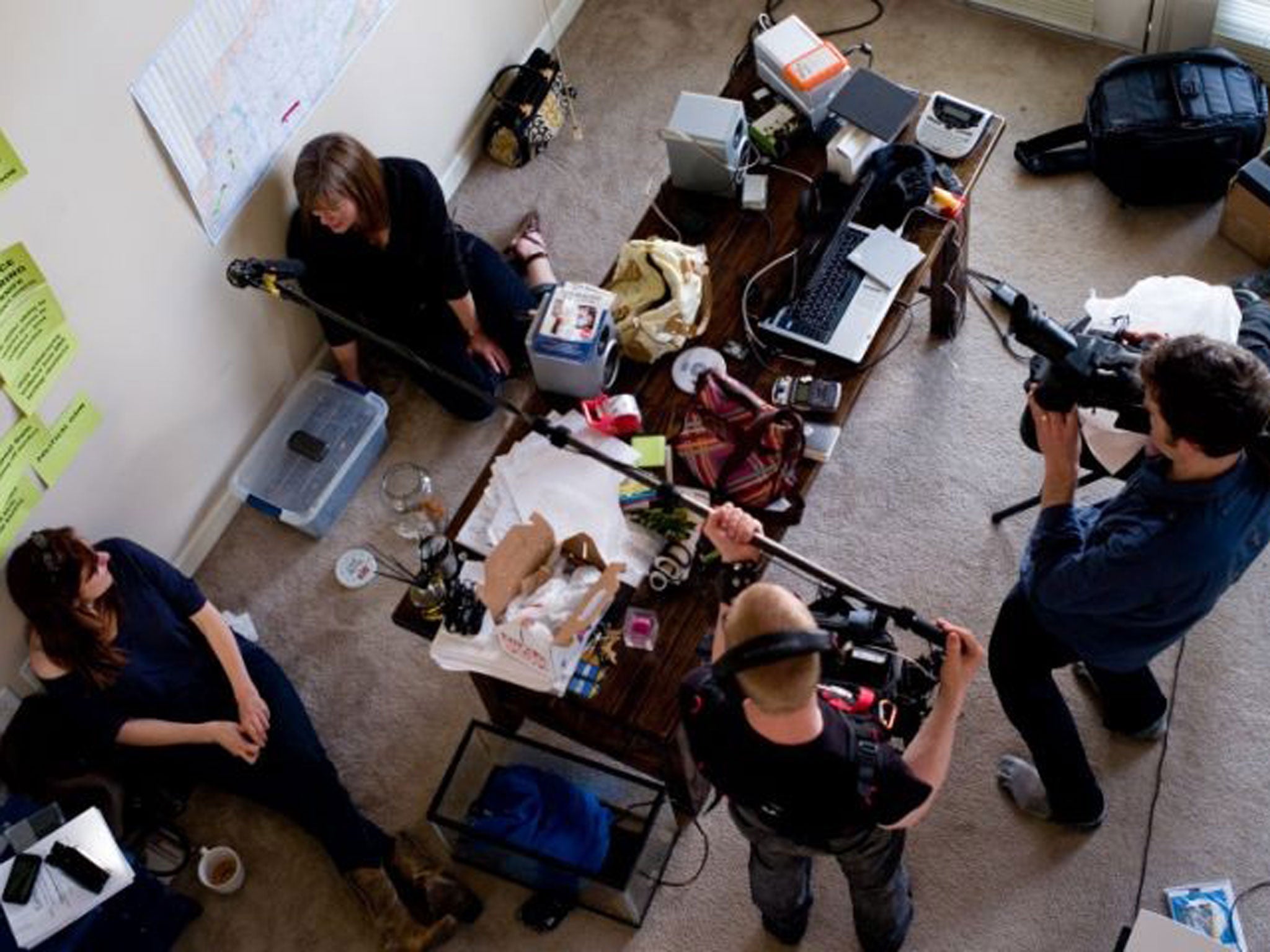Forget The Hobbit, the fight for justice is more important
Peter Jackson's new film saved the life of a man on a Death Row

Peter Jackson is clear: his new film is the "most important" he's ever made. He said so at the New York premiere not of The Hobbit, but West of Memphis, a documentary he financed and produced with his creative partner and wife Fran Walsh to try to save the life of Damien Echols, on Death Row for the murder of three children.
The success of Jackson and Walsh's six-year campaign, orchestrated from the New Zealand sets of King Kong, The Lovely Bones and The Hobbit, was shown by Echols' presence at the premiere. "It's one thing to make movies about hobbits," Jackson said there. "It's another when you're actually dealing with life and death."
Echols was 18 when Stevie Branch, Michael Moore and Christopher Byers, all eight, were found butchered in a creek in West Memphis, Arkansas in 1993. Echols and his friends, Jason Baldwin and Jessie Misskelley, were convicted for murders presented to the jury as satanic rituals committed by black-garbed, local outsiders. Jackson and Walsh became aware of the case's details in 2005, and anonymously funded three years of re-investigation, revealing wild forensic inconsistencies, including the fact that the supposed murderers impossibly left no DNA.
Incompetence, corruption and intransigence by an Arkansas justice system that has declared it is "incapable of ever convicting anyone wrongly" still seemed to doom the "West Memphis Three". So Jackson and Walsh approached Oscar-nominated director Amy Berg to make a film stoking public pressure against the state.
"They were very passionate about the need to get information out," Berg recalls of their first talks. "They were surprised at how a case where there was no evidence against the person convicted could have gone this far. They used the word 'absurd' often." Jackson states his involvement's core motivation during West of Memphis, saying simply: "I hate bullies."
When Berg went down to west Memphis in 2008 to start three years of further investigation, she felt parallels with Truman Capote's long months in a hostile Kansas researching In Cold Blood (1966), becoming emotionally entangled with his (guilty) Death Row subjects. "Down there law enforcement is quite intimidating," she says, "and people felt threatened personally [as the state's case was built in 1993]. If they didn't participate, they felt they were going to pay in some other way, and they believed then that the verdicts being pursued were actually accurate. It felt like a police state in many ways."
Late at night in New Zealand, after long hours on the set of The Hobbit, Jackson would call Berg with fresh advice, murmuring questions long-distance as she walked into fraught interviews. "It was a natural disaster, the Christchurch earthquake, that kept Peter and Fran out of touch for me – never their daily work," Berg says.
The West Memphis Three were finally pressured by the Arkansas justice system into taking the Kafkaesque Alford Plea, asserting their innocence while pleading guilty in their "best interests". State prosecutor Scott Ellington is blatant in the film about the politicised horse-trading that substituted for justice, calling the verdict "a practical resolution for everybody", protecting Arkansas from restitution for the 18 years the boys lost. They were released in August 2011.
West of Memphis is the latest in a wave of cinema documentaries – among them Eugene Jarecki's fierce slaying of drug war myths The House I Live In – which shows a ruinously corrupt, frighteningly unjust America unrecognisable from Hollywood films. "You have people at the highest level in Arkansas who say they've never gotten anything wrong in the history of the state," Berg agrees, "when they operate completely based on emotion. We keep compromising the morals of the justice system, and I have no faith in the human beings in it. "
'West of Memphis' is in cinemas now
Subscribe to Independent Premium to bookmark this article
Want to bookmark your favourite articles and stories to read or reference later? Start your Independent Premium subscription today.

Join our commenting forum
Join thought-provoking conversations, follow other Independent readers and see their replies